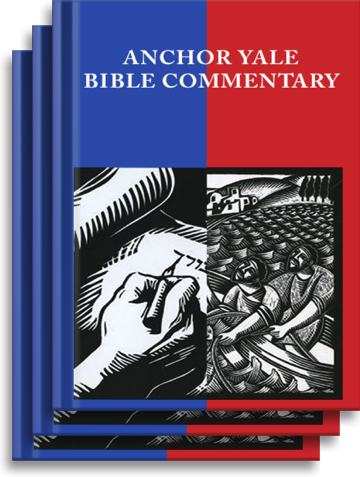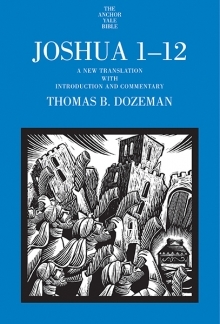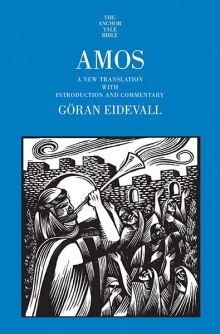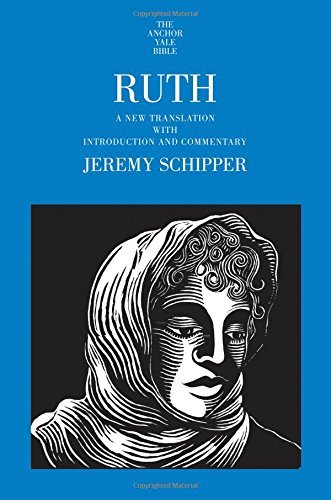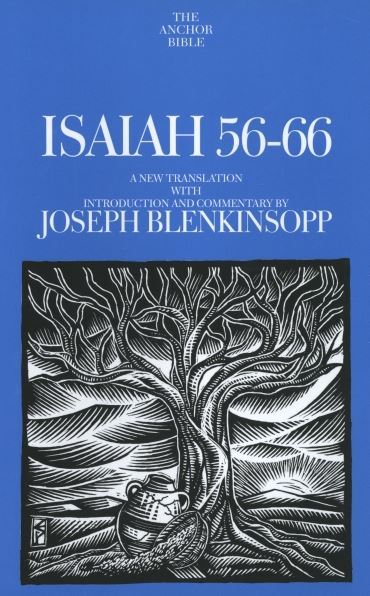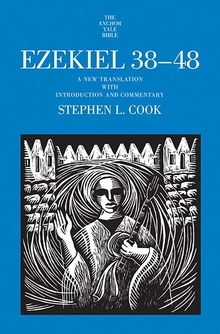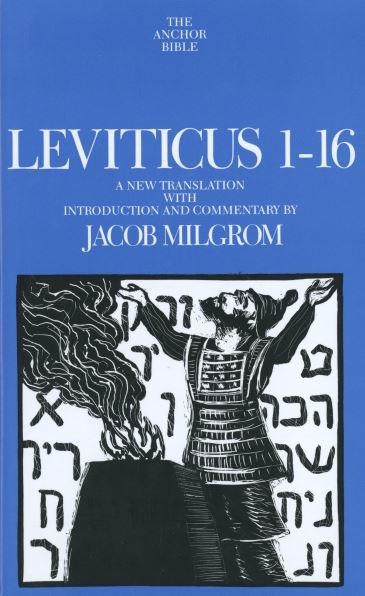



The two books of Samuel narrate the establishment and expansion of the Kingdom of Israel. From Samuel’s providential birth, to his appointment of Saul as Israel’s first king, to the demise of Saul and the rise of David as his successor, I and II Samuel are filled with the stuff of Israel’s everyday experience. Religious, political, economic, military, agricultural, and many other features of the Middle Eastern landscape populate this sacred narrative.
A thorough analysis of textual and literary sources, as well as an examination of the larger ancient Near Eastern context of the period, leads P. Kyle McCarter, Jr., to descriptions of the people, places, customs, and noteworthy features of the language of I Samuel. For McCarter, a key issue is accounting for the historical circumstances that led to the composition of the books of Samuel. In dialogue with major schools of thought pertaining to the origin and transmission of I Samuel, the author offers his scholarly opinions on its composition. McCarter presents a unique new translation based upon the latest and most extensive textual sources available, including scrolls and fragments from Qumran. Furthermore, he disentangles the complicated textual history of Samuel.
P. Kyle McCarter, Jr., is William F. Albright Professor in Biblical and Near Eastern Studies at Johns Hopkins University. He holds degrees from Harvard University, McCormick Theological Seminary, and the University of Oklahoma.
THE ANCHOR YALE BIBLE COMMENTARY SERIES is a project of international and interfaith scope in which Protestant, Catholic, and Jewish scholars from many countries contribute individual volumes. The project is not sponsored by any ecclesiastical organization and is not intended to reflect any particular theological doctrine.
The Anchor Yale Bible is committed to producing commentaries in the tradition established half a century ago by the founders of the series, William Foxwell Albright and David Noel Freedman. It aims to present the best contemporary scholarship in a way that is accessible not only to scholars but also to the educated nonspecialist. Its approach is grounded in exact translation of the ancient languages and an appreciation of the historical and cultural context in which the biblical books were written supplemented by insights from modern methods, such as sociological and literary criticism.
